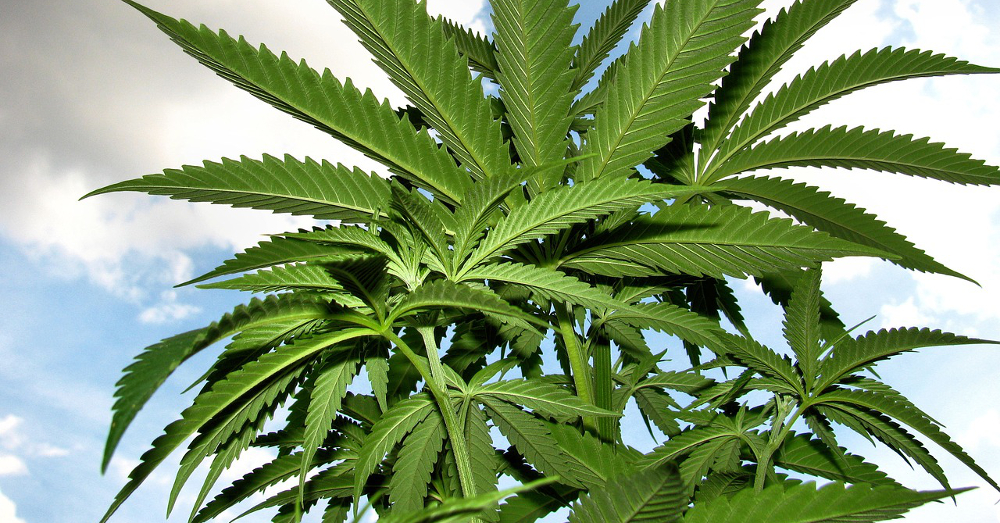
Regenerative Organic Cannabis Farming
With the great state of California poised to legalize adult use cannabis in January 2018, a big debate has formed around the potential environmental impact of all that cultivation. Currently, the regulations are being finalized and issues regarding everything from runoff to soil disposal have been discussed.
December 4, 2017 | Source: High Times | by Harry Resin
Not only is it good for the environment, but regenerative organic cannabis farming also yields densely packed nugs with rich flavors.
With the great state of California poised to legalize adult use cannabis in January 2018, a big debate has formed around the potential environmental impact of all that cultivation. Currently, the regulations are being finalized and issues regarding everything from runoff to soil disposal have been discussed.
In this dialogue, sustainable farming techniques are being looked at as a potential solution to help mitigate this problem.
According to the Rodale Institute, “We have proven that organic agriculture and specifically, regenerative organic agriculture can sequester carbon from the atmosphere and even help to reverse climate change.”
These regenerative farming techniques can work in cannabis gardens as well.
This type of agriculture could help elevate the fears that people have concerning the potential damage cannabis agriculture can leave behind. A study published in the journal, Environmental Research Letters, looked at the impact of several grow sites in Northern California and found that the sites indeed caused various environmental damage. From potentially contaminating rivers due to chemical fertilizer runoff, to increased soil erosion.
Regenerative farming is a type of organic farming that heals the earth while making use of it to incubate your crops.
